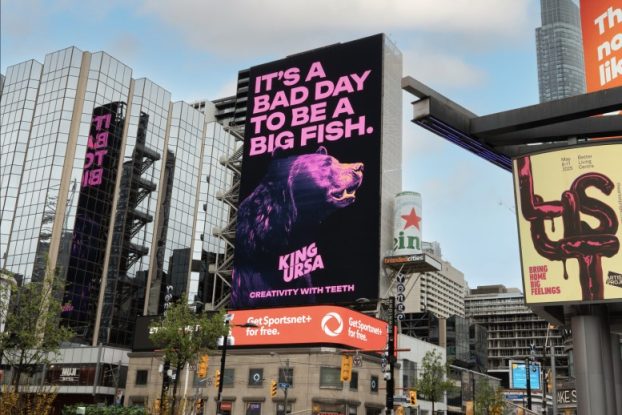Clothing and accessory sales have been the hardest hit by the pandemic, but Designer Brands International is hoping to get customers to return to its DSW and The Shoe Company banners by letting them know it is safe to shop in-store while also embracing new online shopping habits.
According to Martina Siegel, senior director of marketing at DSW Designer Shoe Warehouse, what it has seen through consumer research is that “there is still a customer that really does like to try on shoes in-store.”
To help customers get that experience, the stores have, “completely overhauled the in-store experience for customers,” Siegel says. It has created separate try-on areas, broken up its clearance section to diverge the flow of customers, taken out entire aisles to make more space and made different flows at check-out level for social distancing. It also has a separate cleaning protocol for sanitizing returned merchandise to allow it to maintain one of its most popular policies. That’s on top of health and safety measures that have become standard.
These changes are going to be the focus of brand messaging. Siegal says the number one priority was instilling confidence that it can provide a safe shopping environment to customers that are thinking about coming back to bricks-and-mortar. The brands are leveraging a mix of both organic and paid channels with the focus on paid digital (search, social, retargeting and affiliates), in addition to direct email and organic social. The brands work with Mitchcomm group, but also do work in house so that it has more channel flexibility.
Store closures begun when the retailers were in the midst of their spring campaigns, focused on vacation styles. They adjusted the focus to staying safe, and rather than being “office-ready,” showing “how to make casuals work for you.”
Despite the desire for in-store shopping, ecommerce is now going to be a longer-term play for both banners, Siegal says; there needs to be multi-tiered channel options available to customers, as there is a range of preferences and digital savviness across demos. While the initial focus on the online shopping experience was borne out of necessity, the stores “have seen an influx of net new customers to the site,” she says, and expects there to be potential for longer term growth as customers grow accustomed to it. The curbside model in particular, she says, represents a better value proposition for The Shoe Company and DSW customers than delivery to home.
Its new loyalty program, which launched almost one year ago, has been a “tremendous asset” before and during COVID, Siegel says, and membership has continued to grow despite stores being closed. To keep loyalty members engaged, it has instituted a few adjustments, including the extension of loyalty rewards expiry to ensure members can take full advantage of the perks, while in-store rewards – such as free gifts with purchase – have been moved online.
Siegel says that while its brand partnerships typically consisted of a range of in-store and digital marketing campaign elements, it pivoted to digital options while stores were closed, and it plans on going back to offering the full range of elements once all stores have been reopened. Moving forward, Siegel admits she doesn’t know what back-to-school, a key component of its business, will look like, especially if kids are not returning in September. However, it is planning a campaign, modified with contingencies based on second pandemic waves.


























